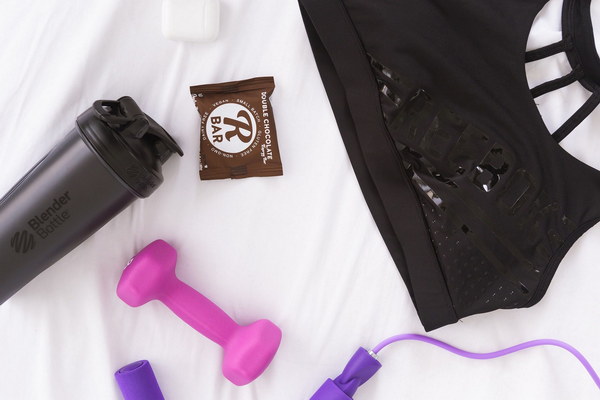Nurturing Your Health A Comprehensive Guide to Managing Body Health for Ileitis Sufferers
Introduction:
Ileitis, a chronic inflammation of the ileum, can be a challenging condition to manage. However, with the right approach to diet, lifestyle, and medical care, individuals suffering from ileitis can take steps to improve their overall well-being. This article provides a comprehensive guide on how to nurture your body and manage ileitis effectively.
1. Diet and Nutrition:
a. Low-Fat Diet: A diet low in fat is essential for individuals with ileitis. High-fat foods can trigger inflammation and exacerbate symptoms. Opt for lean proteins, whole grains, and low-fat dairy products.
b. Fruits and Vegetables: Include a variety of fruits and vegetables in your diet, as they are rich in essential nutrients and fiber. Choose cooked or pureed options to avoid irritation.
c. Hydration: Drink plenty of water to stay hydrated and aid digestion. Avoid carbonated and alcohol-based beverages, which can irritate the digestive system.
d. Prebiotics and Probiotics: Prebiotics (food for probiotics) and probiotics (good bacteria) can help maintain a healthy gut flora. Foods high in prebiotics include bananas, garlic, and onions, while probiotics can be found in yogurt, kefir, and fermented foods.
2. Lifestyle Adjustments:
a. Regular Exercise: Engage in regular, low-impact exercises such as walking, swimming, or yoga to improve overall health and reduce stress.
b. Stress Management: Stress can exacerbate ileitis symptoms. Practice stress-reducing techniques like meditation, deep breathing exercises, or mindfulness to maintain a calm mind.
c. Adequate Sleep: Ensure you get enough restful sleep to support your body's healing process. Establish a consistent sleep schedule and create a comfortable sleep environment.
3. Medications and Supplements:
a. Medications: Consult with your healthcare provider to discuss appropriate medications for managing ileitis symptoms, such as anti-inflammatory drugs, corticosteroids, and immune modulators.
b. Supplements: Certain supplements may help support gut health and alleviate ileitis symptoms. Consult with your healthcare provider before starting any new supplements, as some can interact with medications.

4. Regular Follow-Up:
a. Healthcare Provider: Maintain regular follow-up appointments with your healthcare provider to monitor your condition and adjust treatment as needed.
b. Colonoscopy: Schedule regular colonoscopies to monitor the health of your ileum and detect any complications early.
Conclusion:
Managing ileitis requires a holistic approach that combines proper diet, lifestyle adjustments, and medical care. By nurturing your body and following this comprehensive guide, individuals with ileitis can take steps to improve their quality of life and manage their condition effectively. Remember to consult with your healthcare provider to tailor the approach to your specific needs.









